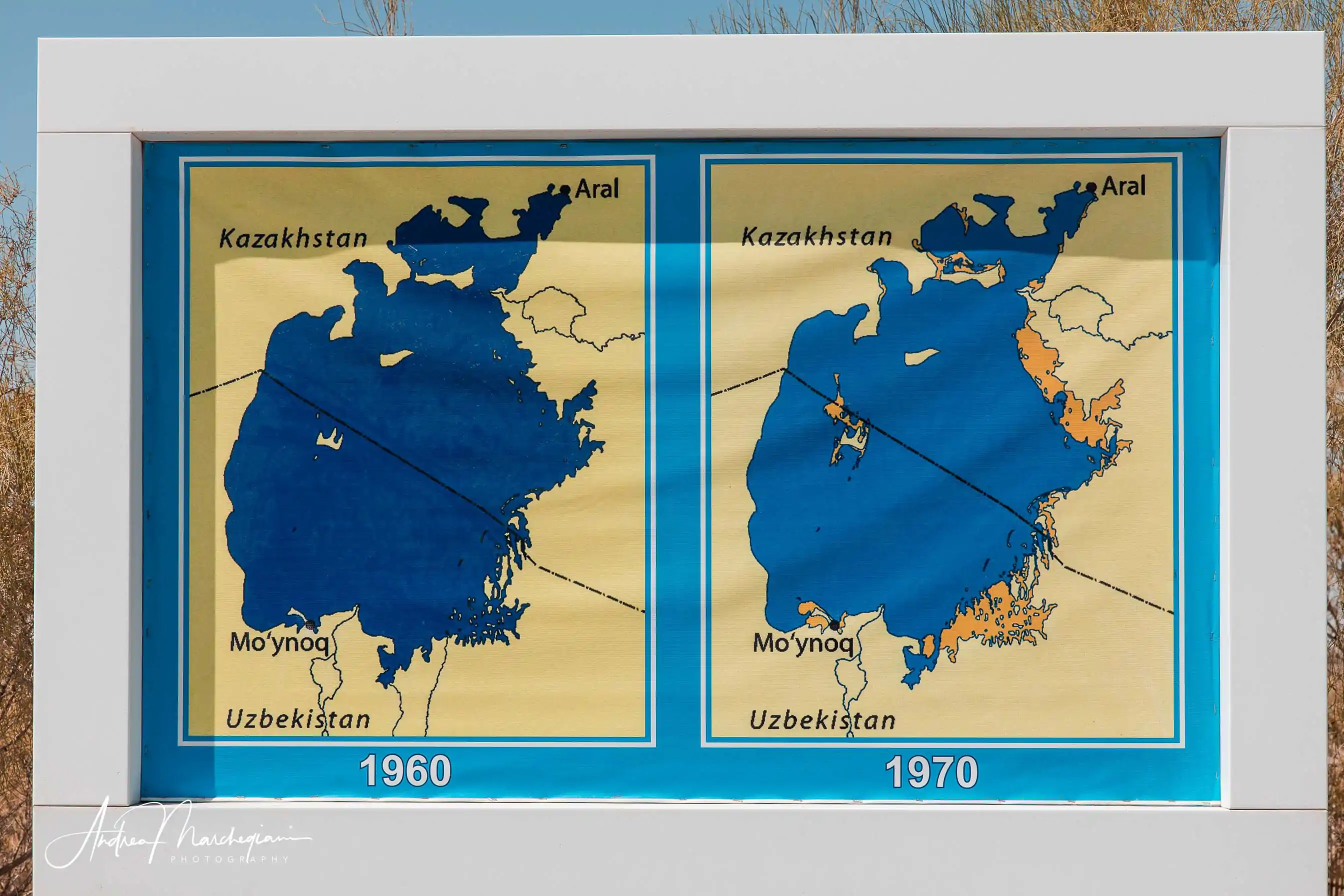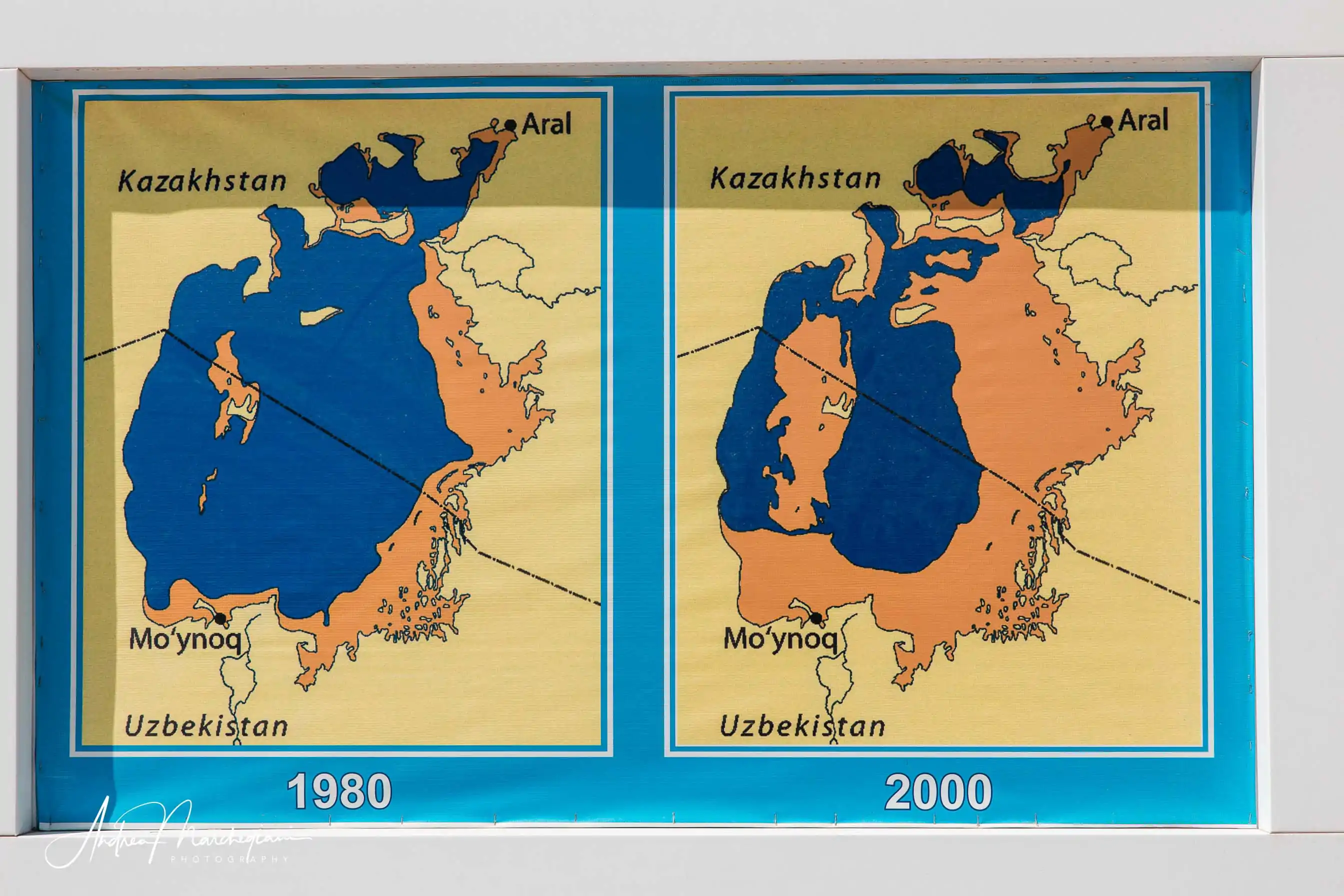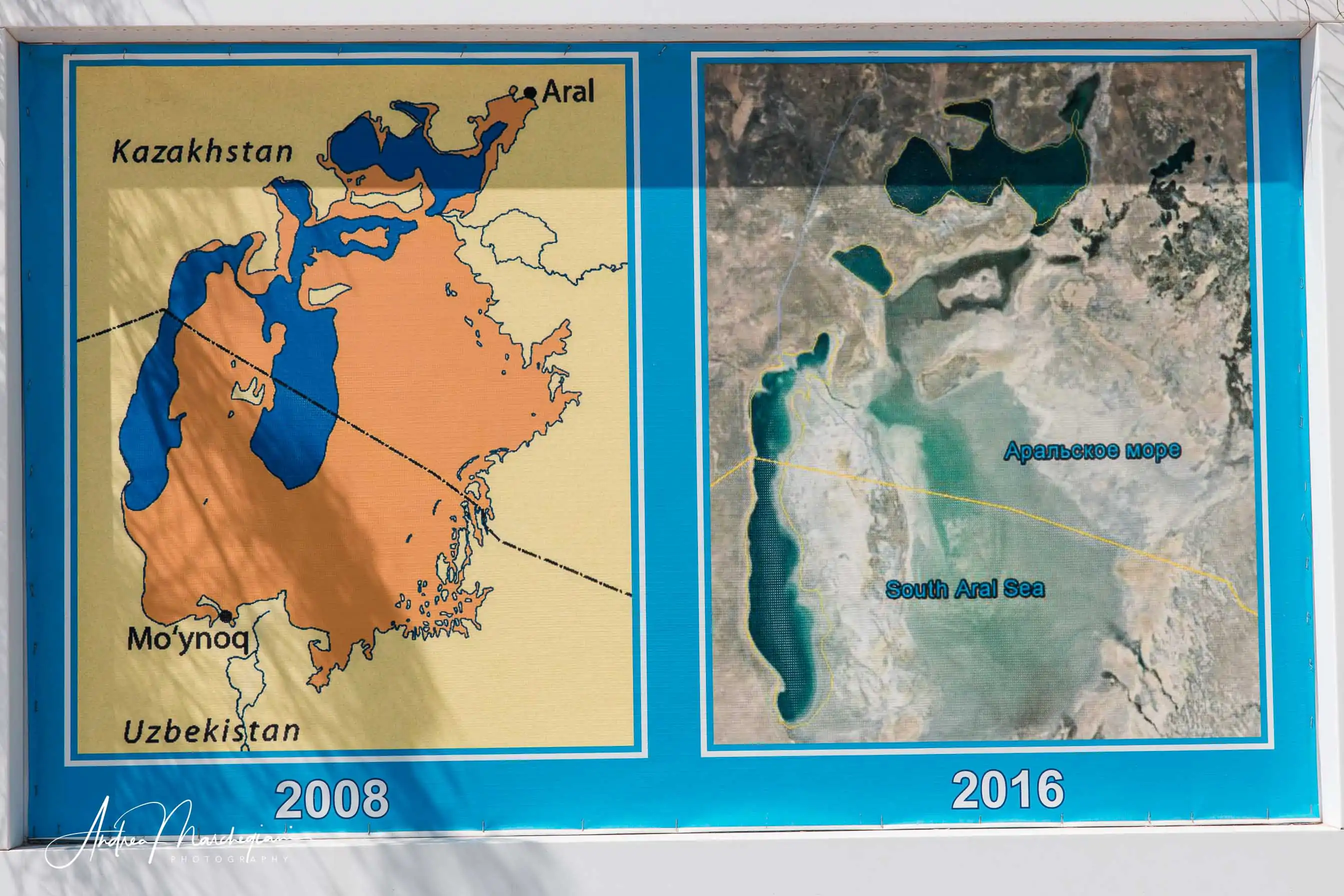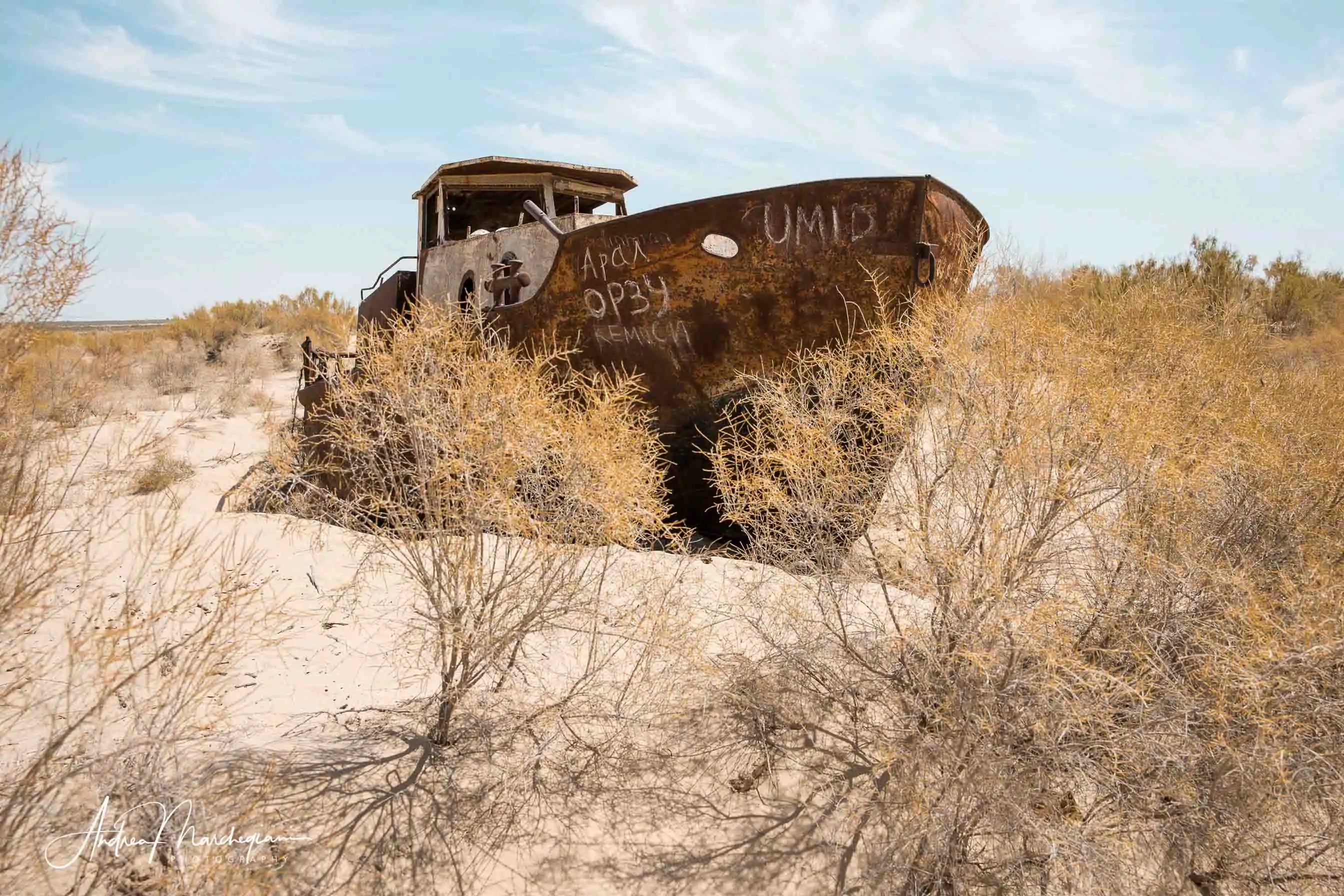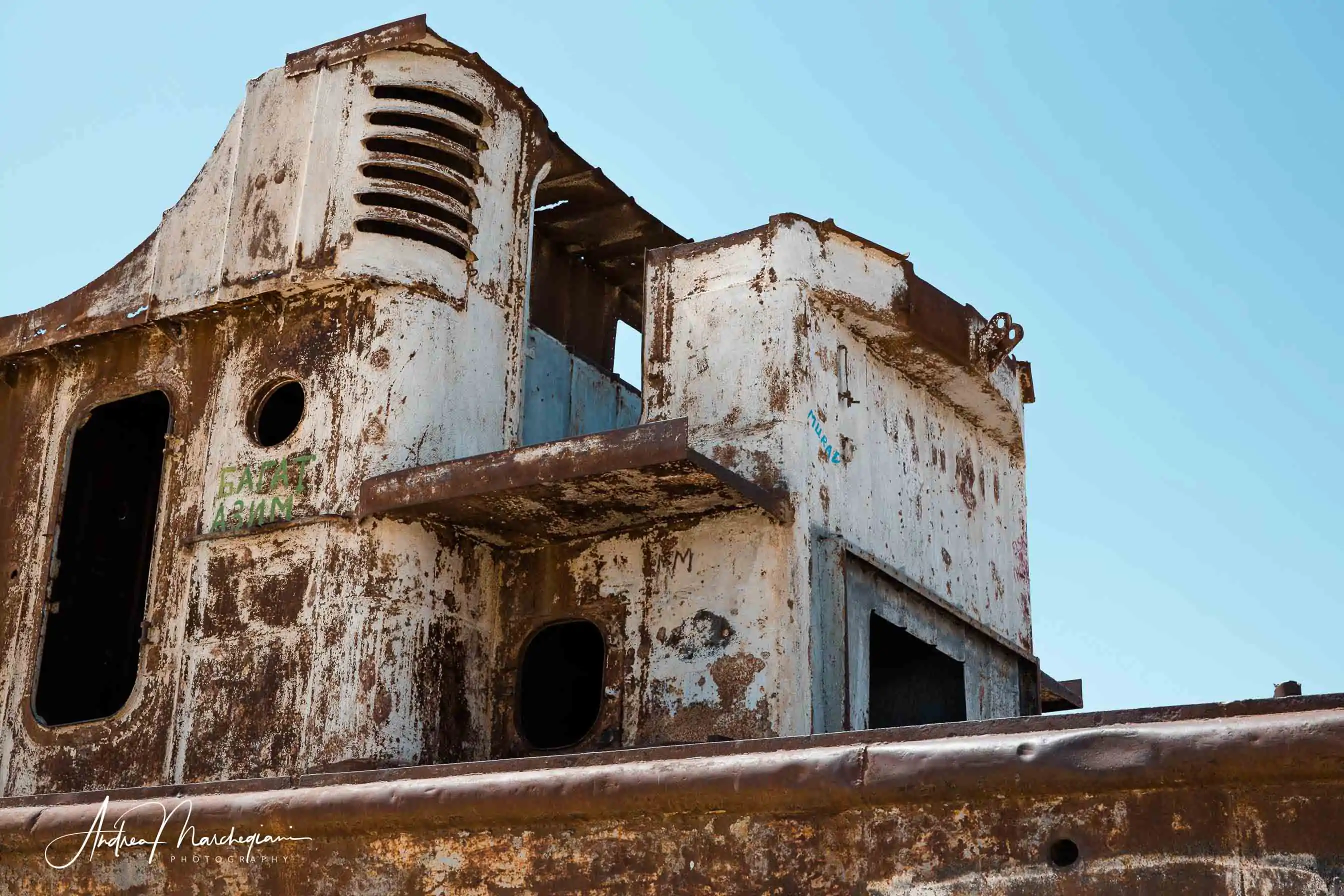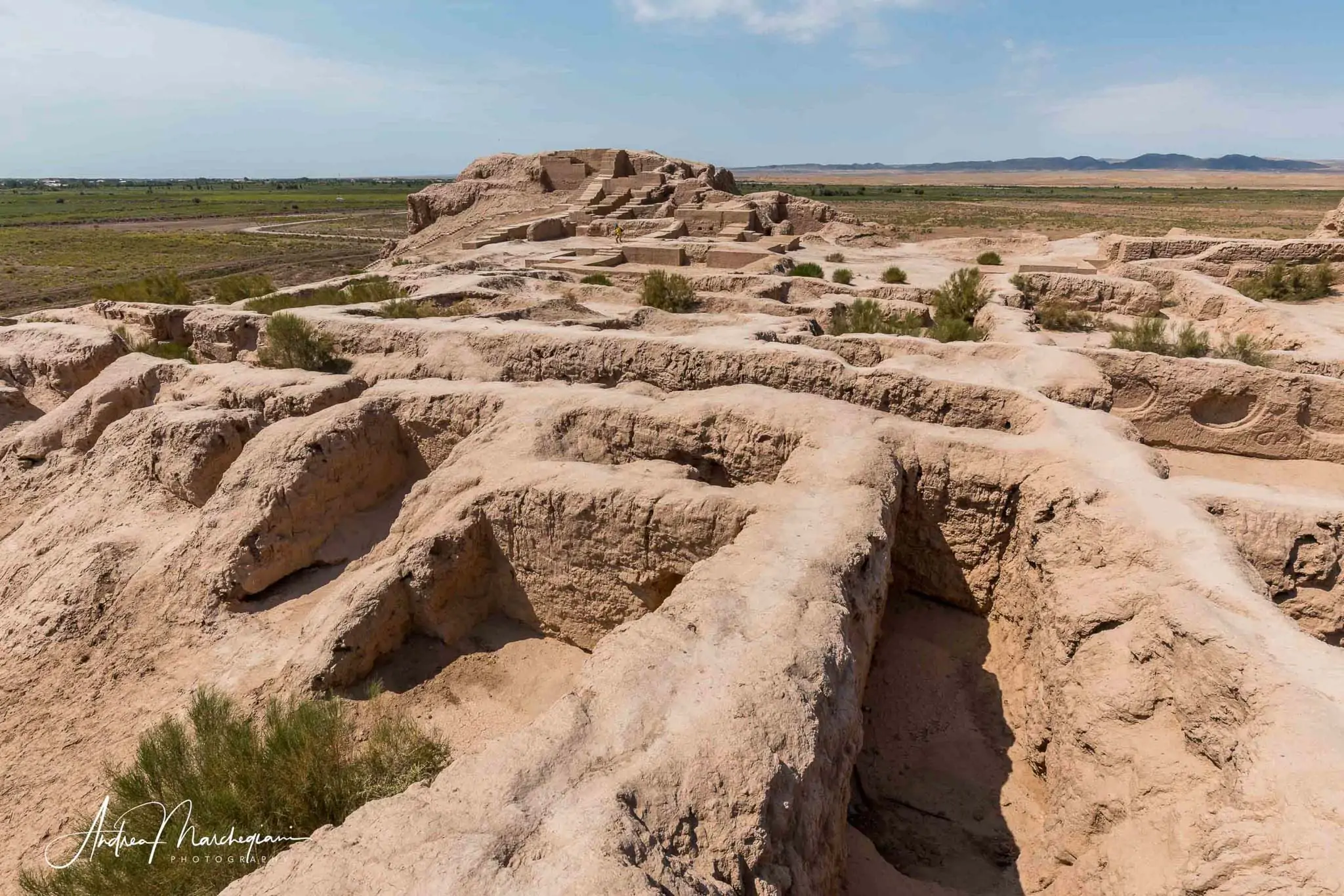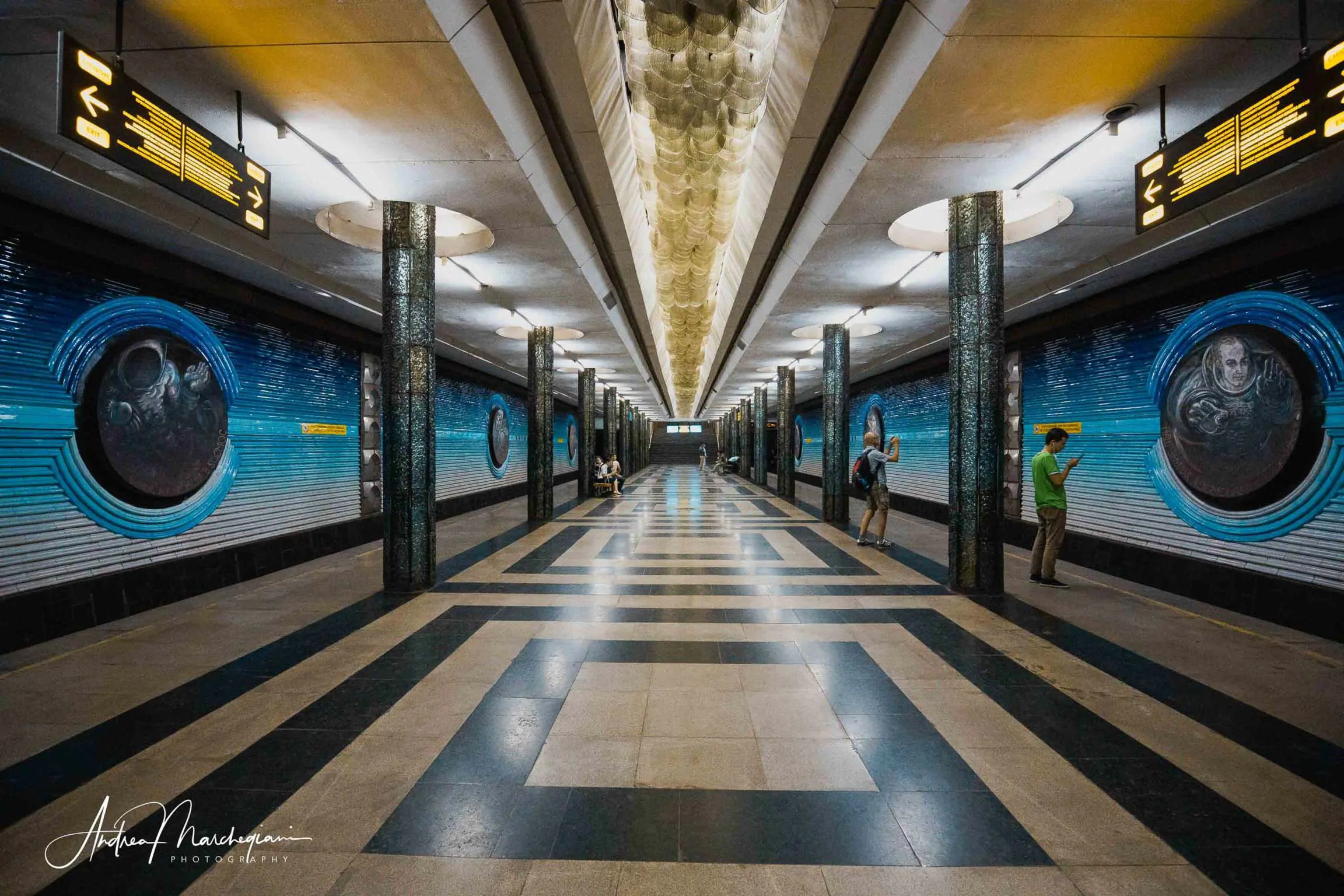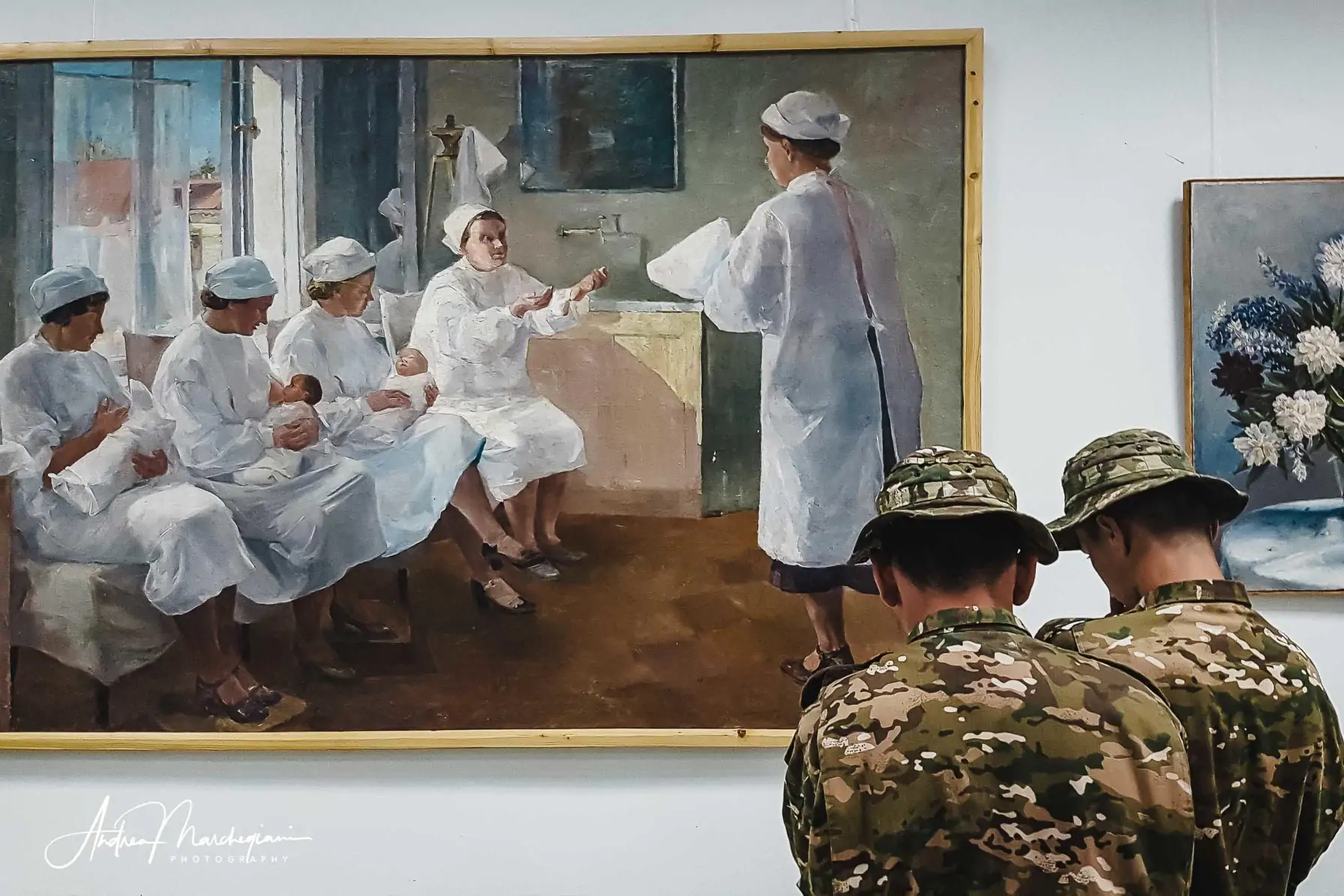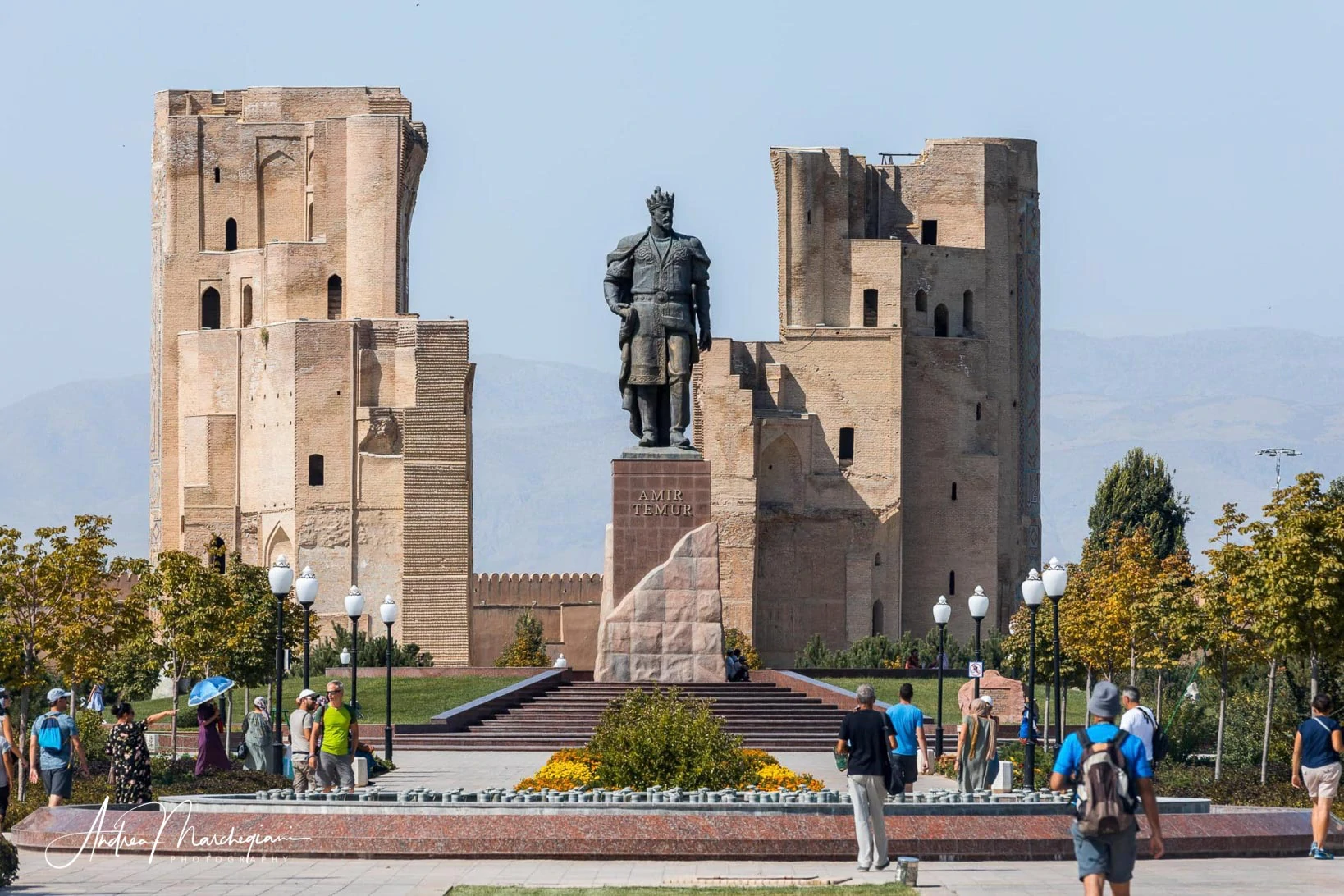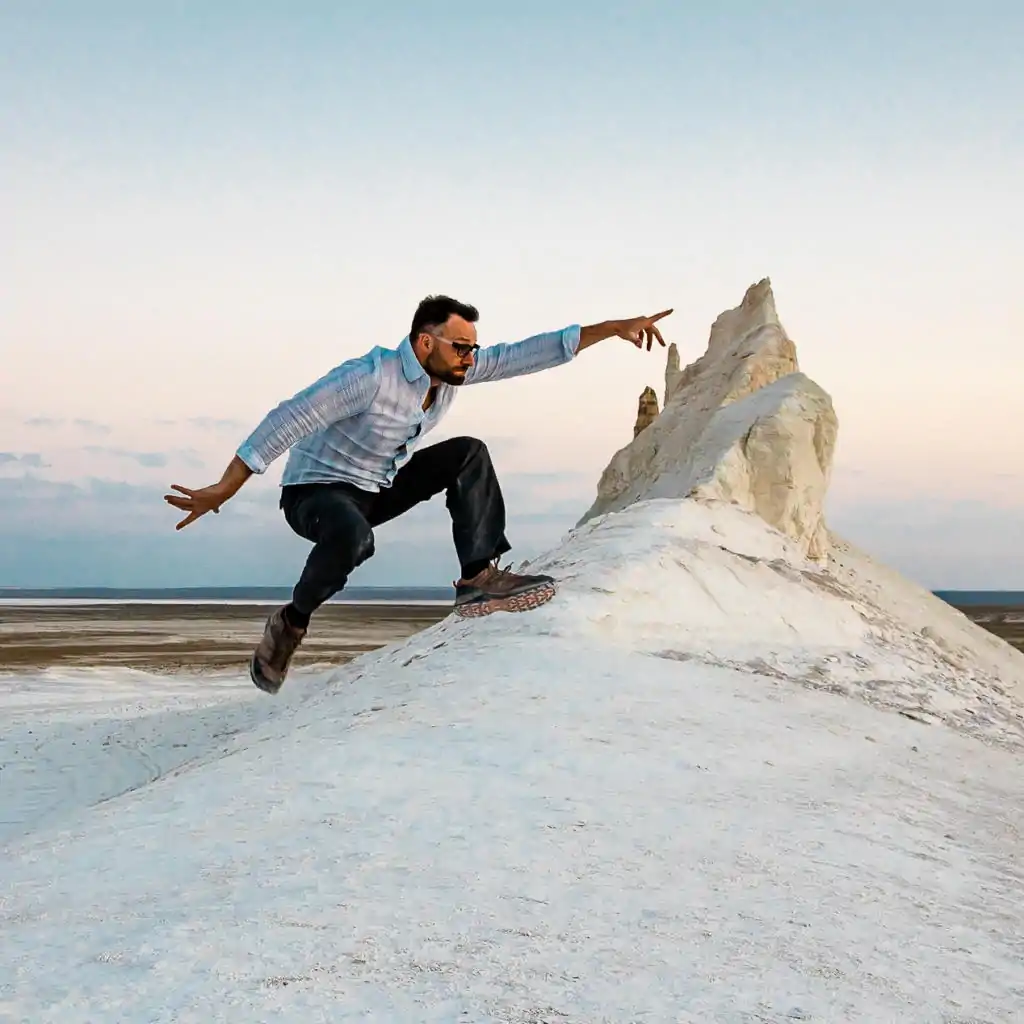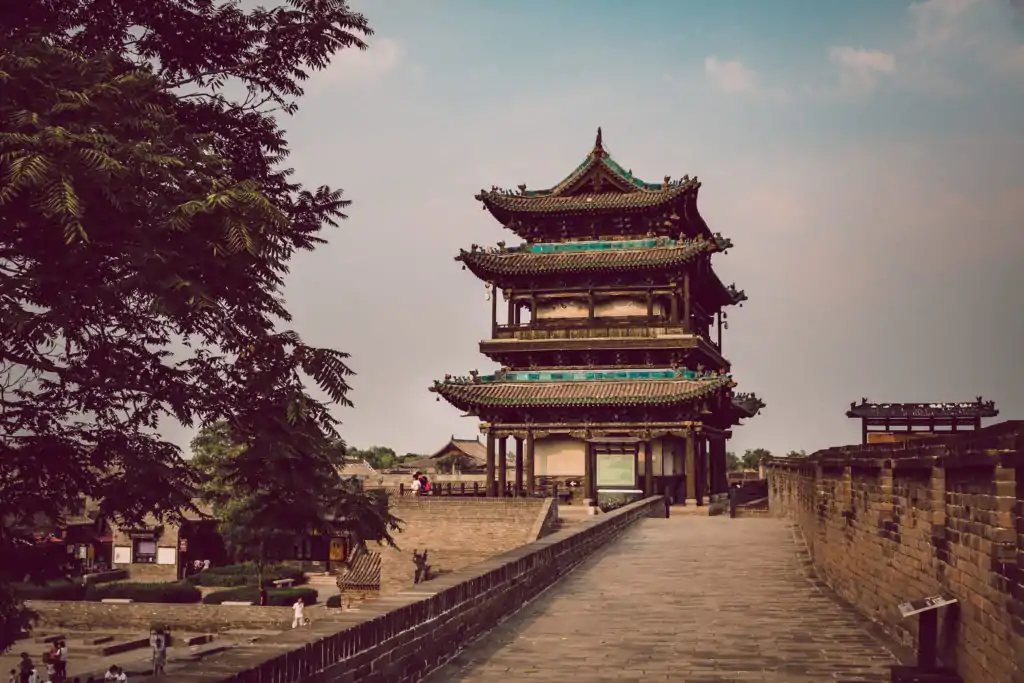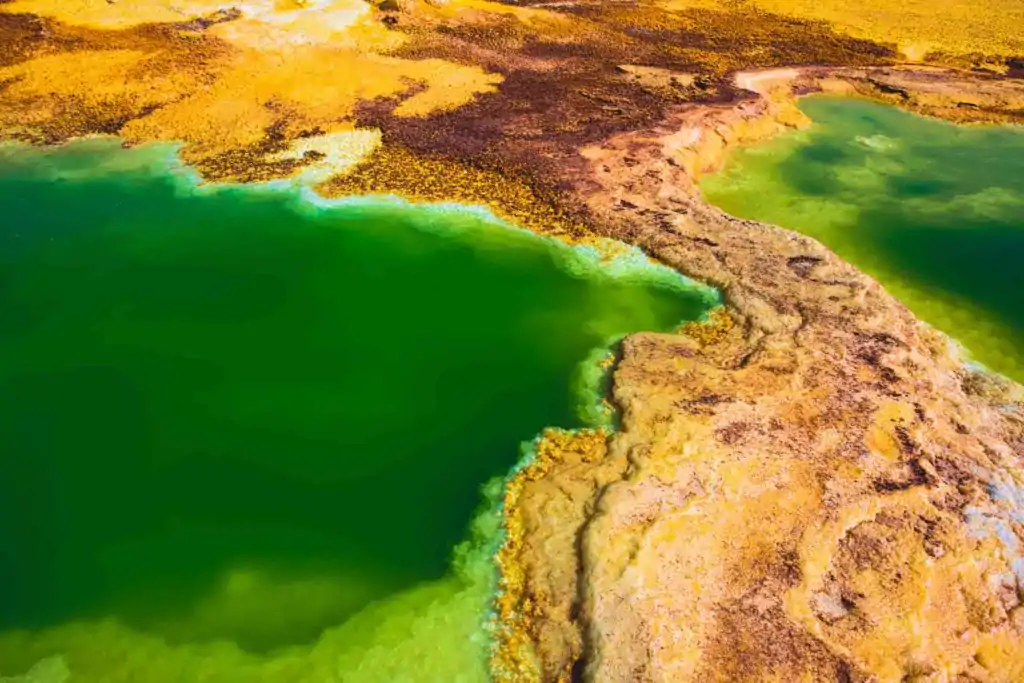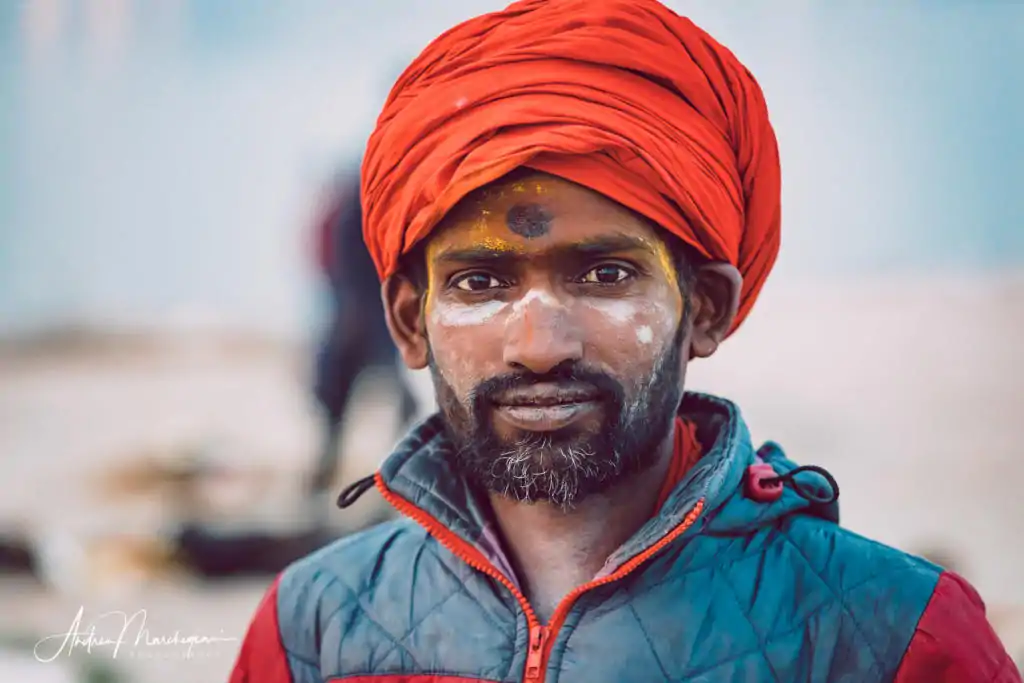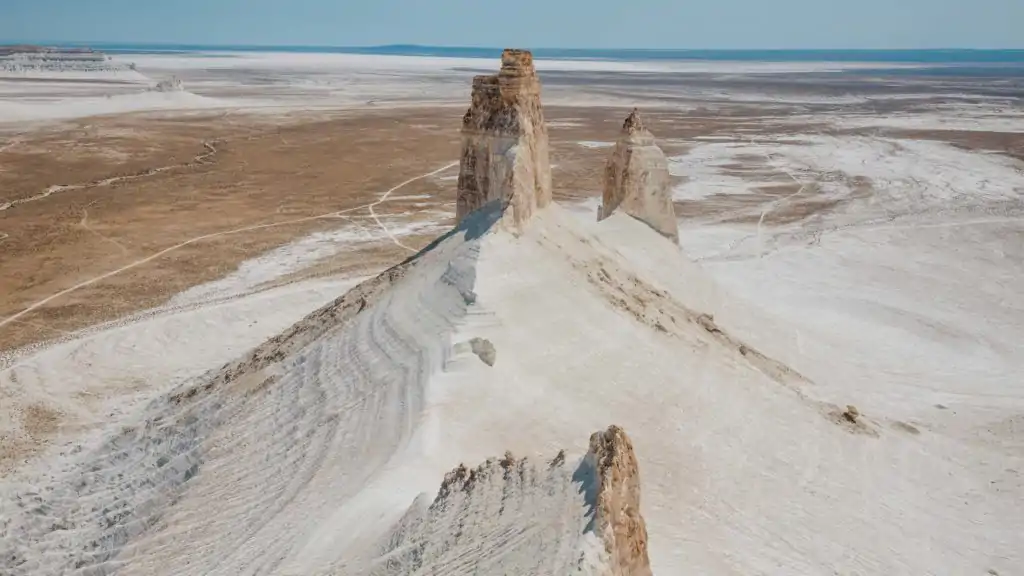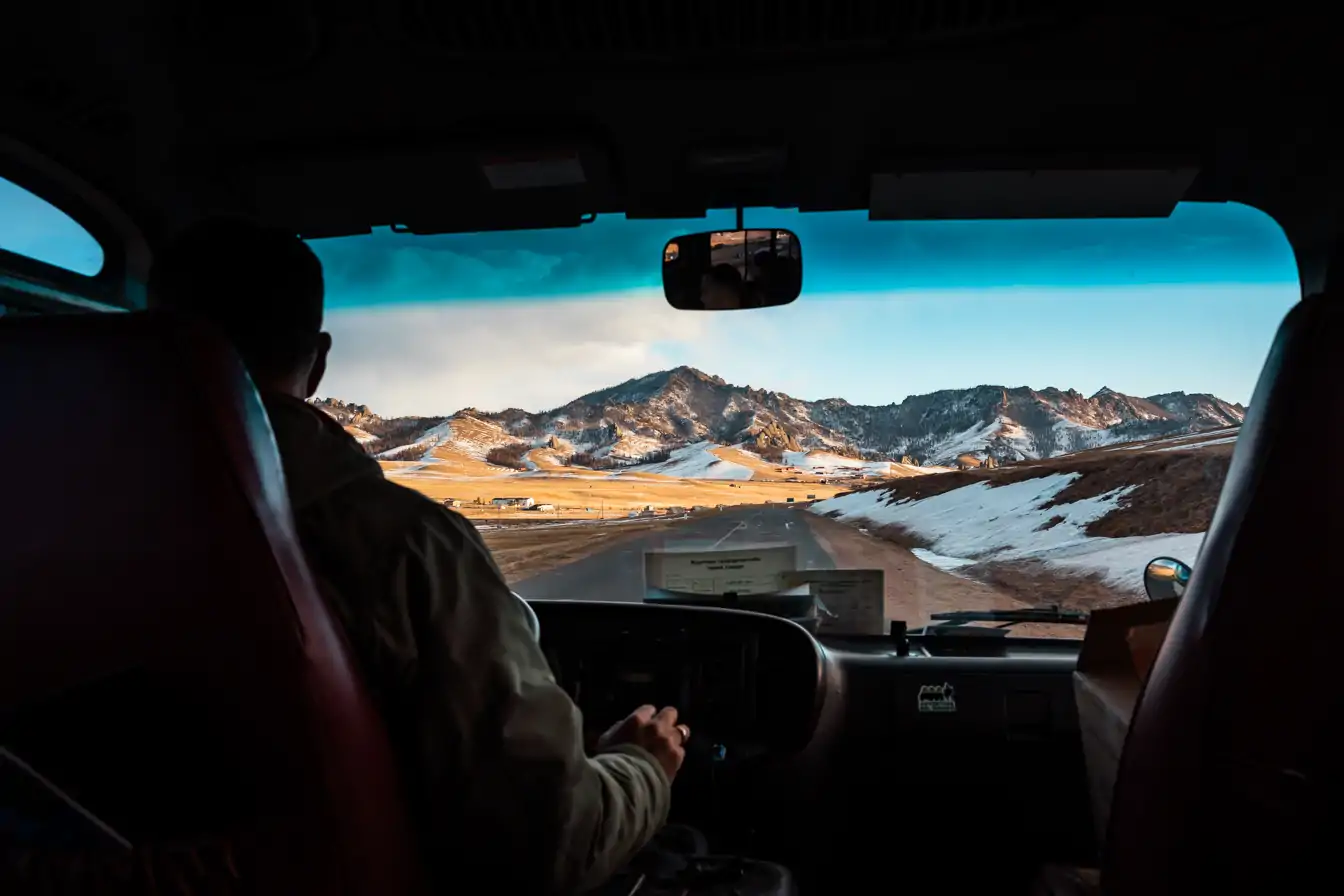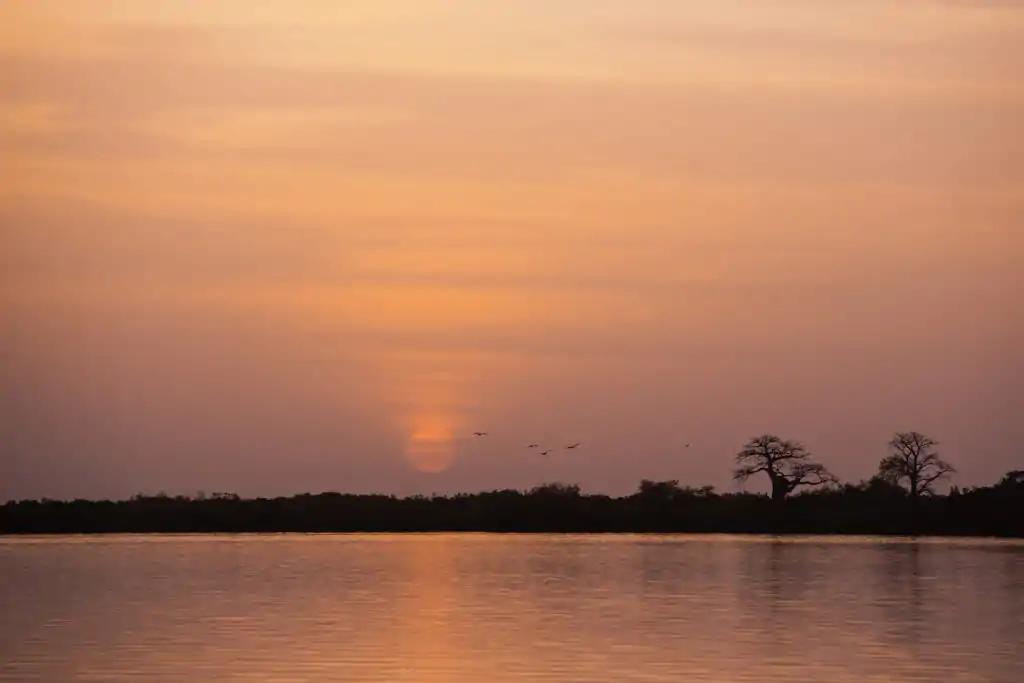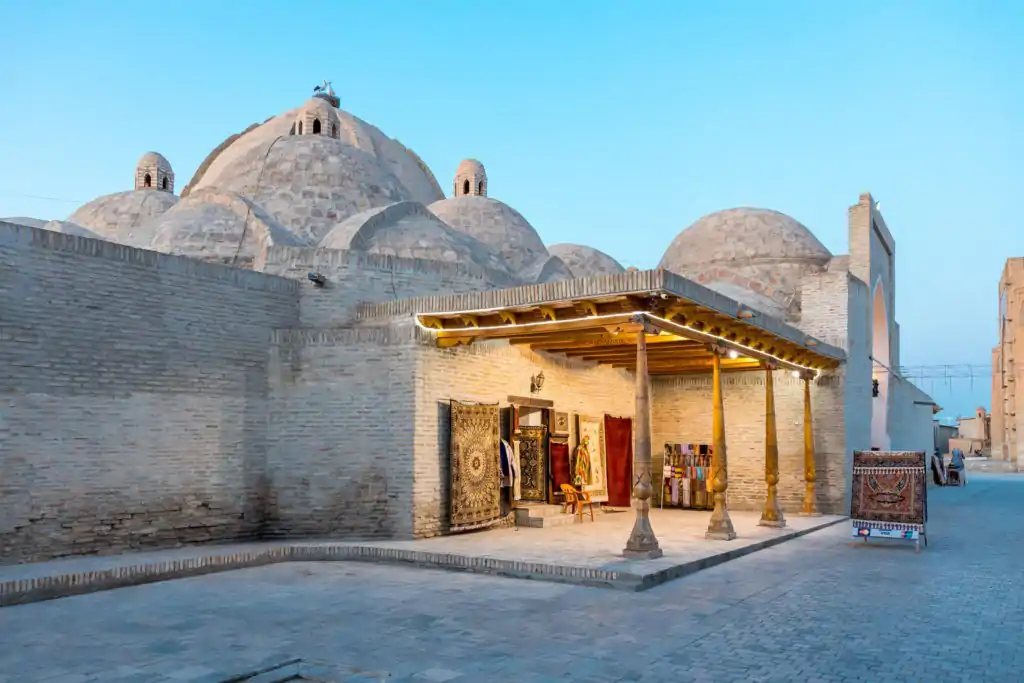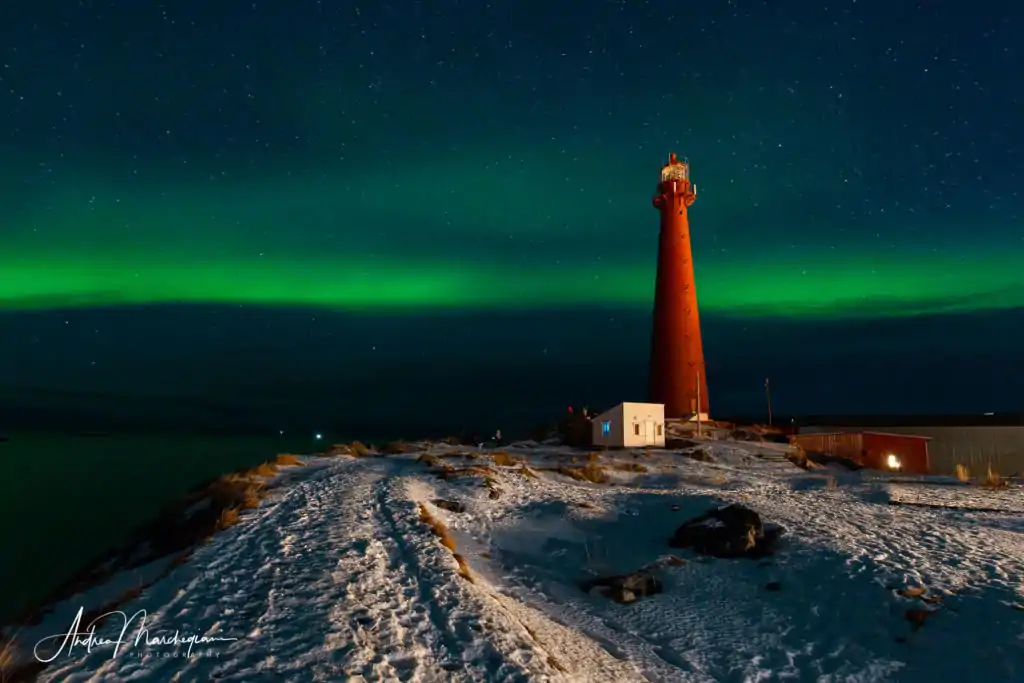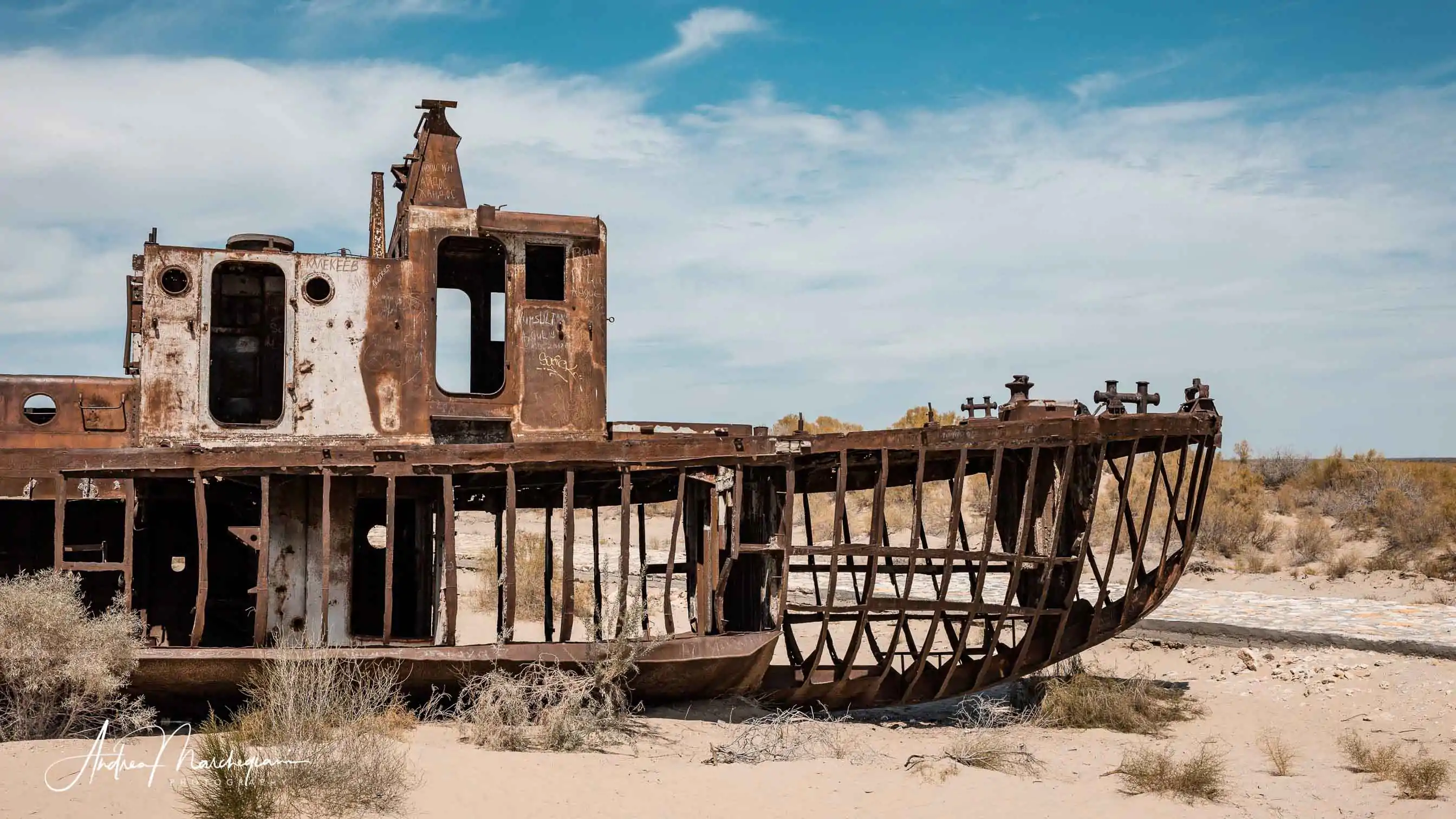
- Home
- Photo Galleries
- Portrait Photography
- Landscape Photography
- Street Photography
- China
- Ethiopia
- India
- Holy Ganges
- Varanasi
- Varanasi Ganga Aarti
- Varanasi, Manikarnika Ghat
- Varanasi Streets & Alleys
- Varanasi Demolition
- Varanasi Fruit Market
- Sarnath
- Brick Kilns
- Tamil Nadu, Chennai & Mamallapuram
- Tamil Nadu, Fort Tirumayam & Madurai
- Tamil Nadu, Tiruvannamalai & Thanjavur
- Kerala, Munnar
- Kerala, Peryiar
- Kerala, Backwaters
- Kerala, Kochi
- Kazakhstan
- Myanmar
- Senegal
- Uzbekistan
- Travel Blog
- China
- Ethiopia
- India
- Tamil Nadu & Kerala
- Varanasi
- Whato to do in Varanasi
- Varanasi Life along the Ghats
- Varanasi Death along the Ghats
- Varanasi Ganga Aarti Ceremony
- Varanasi demolished to honor Shiva
- Varanasi Fruit Market
- “Varanasi, A Journey into the Infinite”
- Sarnath
- All about River Ganges
- Holy Shit. All about Indian Cow Dung
- Clean India Project
- Brick factories
- Tilaka, pundra, bindi: what is the mark on Indian foreheads?
- Kazakhstan
- Mongolia
- Ulaanbaatar, the coldest capital in the world
- What to do in Ulaanbaatar
- Chinggis Khan Museum, 6 floors of Mongolian history
- Gorkhi-Terelj National Park and Bodgkhan Natural Reserve
- Altai Mountains, Things to do in Olgii and Sagsai
- Living with the Eagle Hunters
- Sagsai Eagle Festival
- Navrus Festival
- Xöömej, Mongolian throat singing
- Mongolian Food
- Myanmar
- Senegal
- Uzbekistan
- Latest Posts
- Photography Blog
- About
- Prints
The Aral Sea embodies the fears of a generation of environmentalists. Here the Soviets planned and carried out the assassination of an entire lake ecosystem. ” The Aral Sea must die”, they used to say, “in the name of progress”.
Share with your friends:
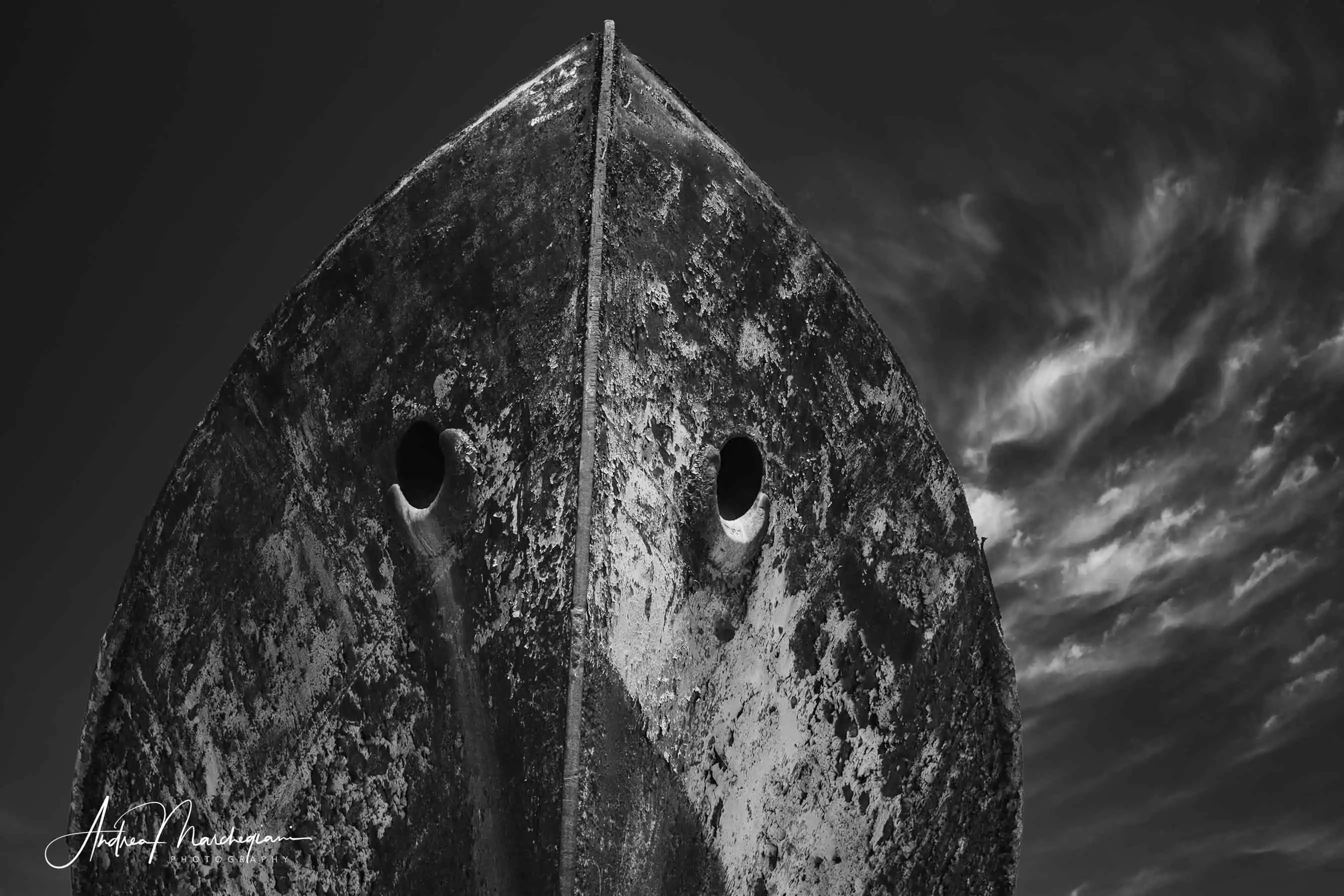
I greet the Mangystau desert, with its breathtaking peaks and surreal dreamlike scenery, and I get on a night train that will take me to Uzbekistan while I take a nap. At least, that’s what I’d like to do…
I get on a crowded train and I push myself towards my bunk. A couple of Kazakh gentlemen welcomes me with a shy smile and bright eyes. They don’t say a word, but their actions speak of a deep sense of hospitality. The woman goes through her purse, pulls out a candy and hands it to me.
Without having the courage to smile at me, she invites me with a resolute gesture to serve me. “Thank you! You shouldn’t have!” I answer embarrassed. A few moments later, seeing me snort from the heat (the windows are closed and, apparently, so they must stay until departure), the man pulls out of an envelope a portable fan, of those that run on batteries. He smiles at me with his eyes full of light and invites me to refresh myself.
“Thank you!” I answer more and more embarrassed because of such kindness. ” Do you want to adopt me?” I chuckle. They chuckle, too, without knowing why. I don’t want to forget about them, so we take a selfie!
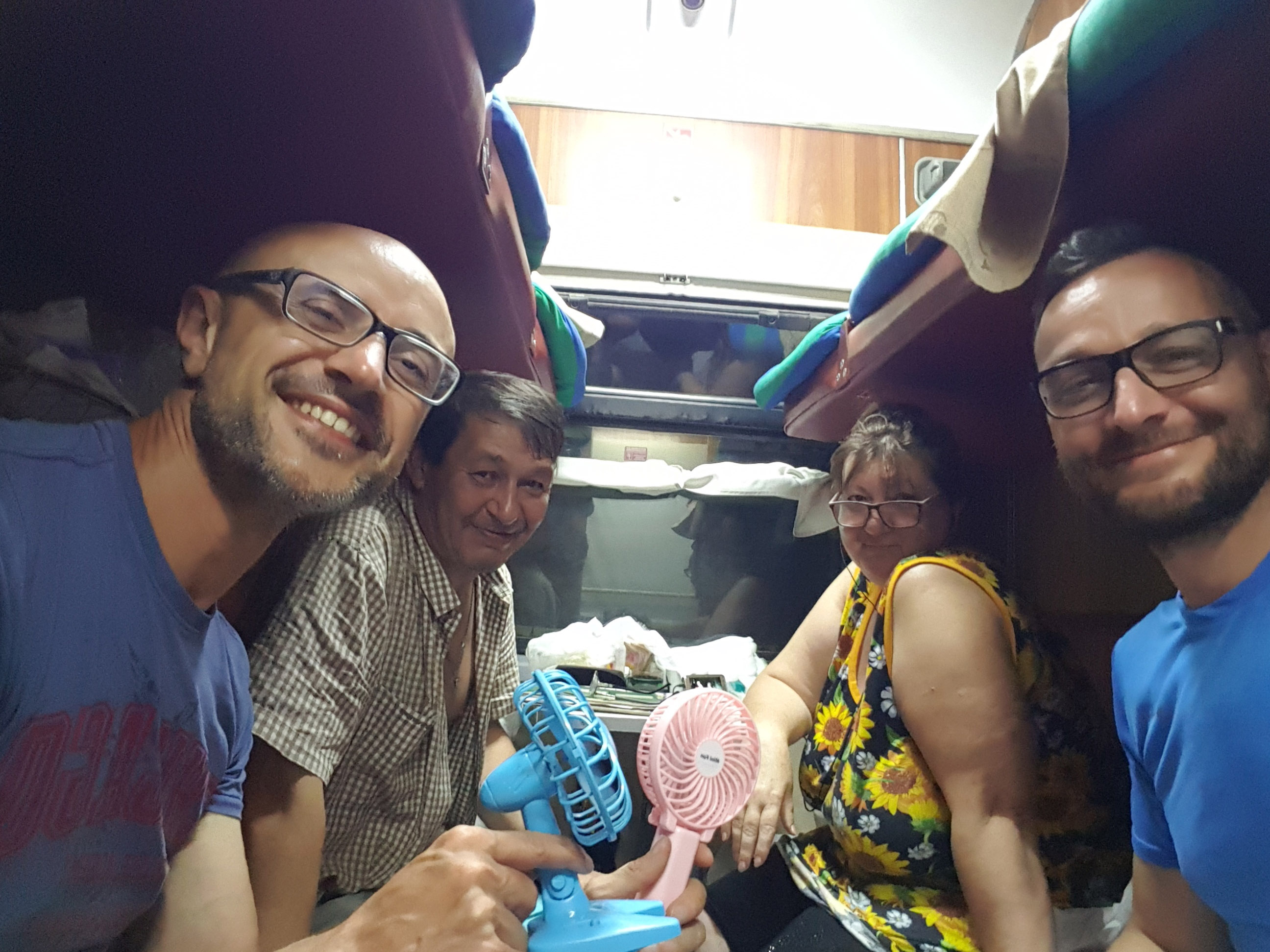
Giulia peeks out of the hallway. “Andrea, we were wrong. This is not your place. You have to return the ticket”. It’s true. The name on the note in my hand does not bear my name. I’m occupying another’s bed. I’m ranting and mumbling about how I have inalienable human rights and that I have a new family now, but my friend is adamant and rips me off my new parents. She shows me my new cabin, where I unwillingly store my luggage.
“Would you like to check where the others are?” Giulia asks me now with an angelic voice. ” Ok”, I answer. We enter the corridor again, unaware of what lies ahead. We are about to fall into a spiral of terror. Army officers stand between the train cars and stop people to check their passport, as we will cross the border between Kazakhstan and Uzbekistan overnight. They take it seriously, as we will soon find out. The officers are busy photographing the passengers of the carriages with a strange camera connected to a laptop. Giulia is so focused on the purpose of her expedition that she does not pay attention to the police and forces the checkpoint. She bumps into a mountain-sized cop who stops her with his arm and uses his physical size to stop her. “Excuse me!” protest Giulia outraged. ” I’m going to see my friends! They are over there! Giovanna, do you hear me? Are you all right?”
The man wrinkles his forehead in a severe and authoritarian expression. I whiten. I try to say “Giulia, maybe it is not the case to insist”, but the words get stuck in my throat. ” Giovanna, do you hear me?” Giulia shouts in the empty hallway. “Guys! Are you okay? They won’t let me through! There’s some guy here who won’t let me out!” No one peeps from the booths. Giulia’s call ends up in a vacuum. If I hadn’t just made a scene to hold onto two imaginary parents, maybe I would tell Giulia not to behave in such an inappropriate way. But the truth is we have had a long day, we are tired and not lucid.
“Passport, please!” the policeman yells at us.
” Excuse me?” asks Giulia who finally realizes the trouble she has put us into. The guy writes something on his phone, then shows it to us and we read two words that make us tremble “CHECKPOINT VIOLATION”.
Giulia looks at me with beaten-puppy-tearful eyes. ” Andrea, did you read what he wrote down? We violated the border! Andrea, I think we are about to get arrested!” Cops take our passports and confiscate them. They talk to each other for a few minutes, while Giulia and I wait as stiff as plaster statues. I think of the Kazakh prisons, their wet and dirty cells, the moldy meals, the acts of bullying… and above all, I have a fixed image in my mind -Chunk of the Goonies, interrogated by the Fratelli’s gang, with his hand pressed in the blender, shouting from the top of his lungs “No, please! I’m too young! Not my hands! I want to play the violin!”
It’s only now that I know what he must have felt.
Finally, the man comes back with our passports in his hand and returns them to us. On his phone he writes “Go back to your cabins”. We sneak down the hall to our bunks, with curved shoulders, low chin, quietly. I settle in bed, in fetal position, and I sleep deeply until dawn. Happy to still be a free man, happy to still be able to study violin. And determined never to follow Giulia on her strange missions again.
[Unfortunately I will not keep this purpose and will soon end up in a case of international corruption]
Moynaq, a seaport on a missing lake
My first stop during my trip to Uzbekistan is in Moynaq, a small town 210 km from Nukus. It was once one of the main seaports on Aral sea and a thriving center of fish production. Today, however, it is only the silent witness of one of the worst environmental and social disasters on a world scale. The progressive retreat of the lake has indeed brought the local economy to its knees and, despite several attempts to keep open access to the lake through a network of artificial canals, today the town is more than 10 km from the shore of the lake and the fishing boats lie stranded on a sandy bottom full of unhealthy chemicals.
But how was that possible?
I get to in Moynaq on a sunny August morning. A triangular monument breaks the monotony of the landscape, indicating that I have reached the Aral Sea Memorial. A small bar was built at the side of the monument, to meet the needs of the few tourists who stop there. Before leaving I thoroughly studied the history of this place, fixing everything in my mind. I don’t want to forget any details: Lake Aral is the most striking case of an ecosystem intentionally destroyed by man.
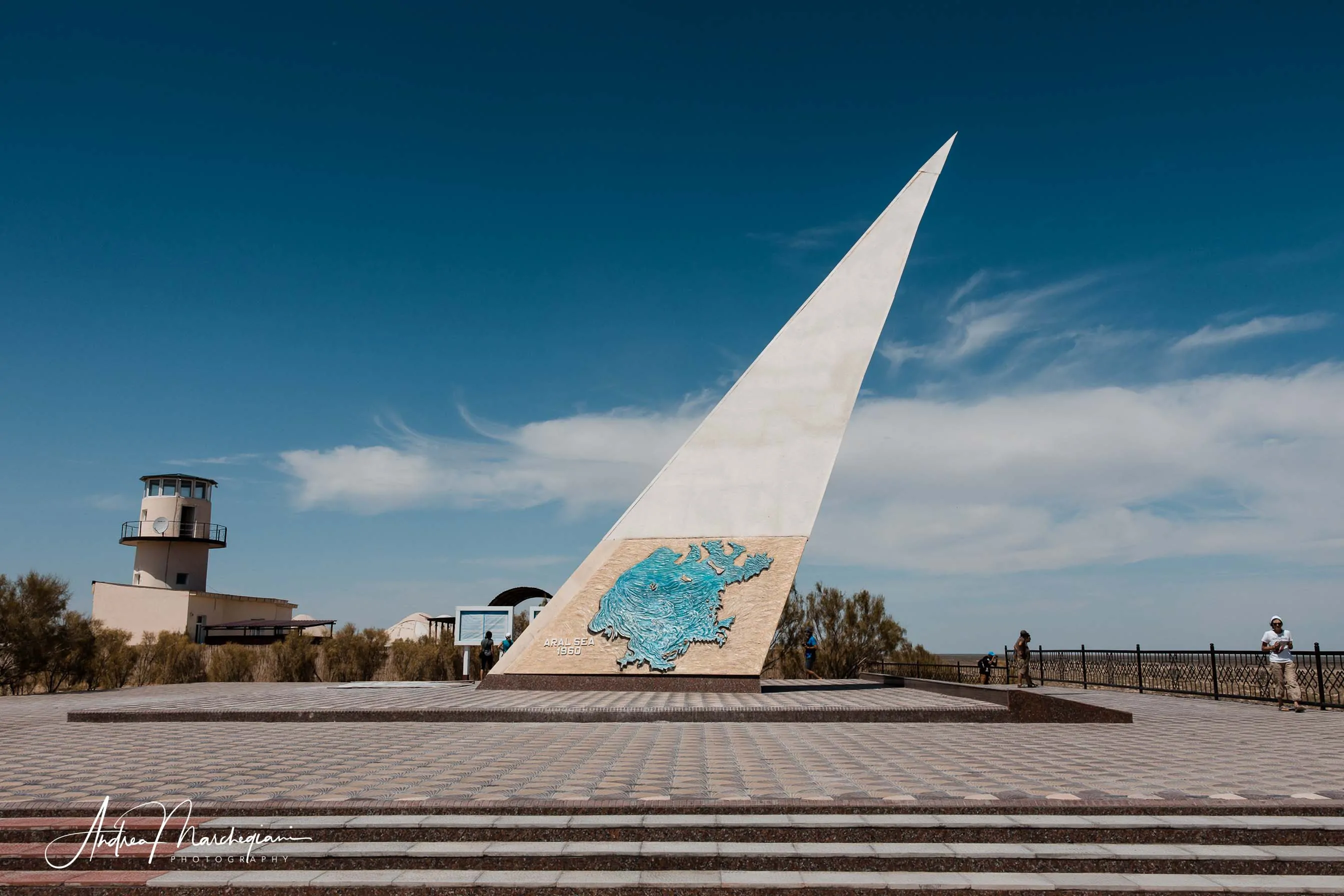
Aral Sea Memorial testifies to a planned disaster
The Aral Sea was a salt lake of oceanic origin, formed 5.5 million years ago and located in an area ranging from Uzbekistan to Kazakhstan. Although it has not completely disappeared, today we talk about it in the past. In just 60 years man has managed to destroy its delicate ecosystem, leaving instead a desolate poisoned desert. Not surprisingly, Al Gore called it “the most serious environmental disaster of all time caused by man”.
Since the 1950s, the Soviet regime has decided to divert the lake’s emissaries elsewhere and the evaporation of the water has had no other means of compensation. The purpose of the Russians was to use the lake’s water to irrigate the cotton fields, in a project of intensive cultivation that aimed to turn the USSR into its main European producer. The rush to express the will of communist power was such as to lead to the construction of inefficient irrigation channels, with a water loss along the pipelines ranging from 30% to 70%.
Between 1950 and 2000 the water level of the lake dropped dramatically, reaching an average of 80 cm per year in the 1980s.
The Soviets never made any decision to protect the lake’s ecosystem, nor were they alarmed by the drastic changes they were making. Indeed, the disappearance of the lake had been planned from the beginning: once reduced to a swamp, the area would be used for the cultivation of rice. The Aral Sea was defined by the Soviet government as a “useless waste of water resources”, an “error of nature” to be corrected.
“My aim is to make the Aral Sea die peacefully,” Grigory Voropaev, the head of the agricultural plans, said.
So the lake did die. But it was neither a sweet nor serene death.
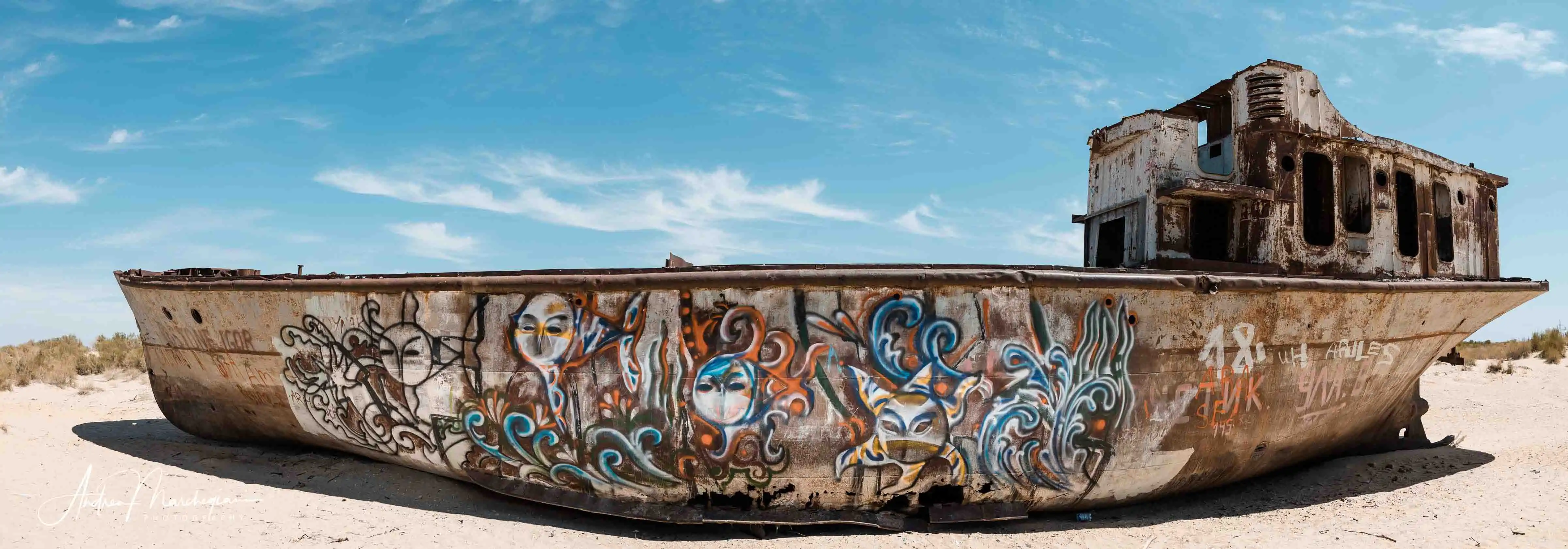
Aral Sea, a case of uncontrolled pollution
From 1982, fishing activity in the lake was stopped. To keep the production chain alive and to prevent the abandonment of the fish processing plants in Moynaq, for a few years the Soviet government transported here the fish caught in the Baltic Sea, but the high transport costs made this strategy highly unproductive and was soon abandoned.
In 1991, when Uzbekistan declared independence from the Soviet Union, it maintained its system of intensive exploitation of the region and continued to draw from the lake. Crops were not properly rotated, with soil depletion requiring massive use of chemical fertilizers. The water used to irrigate the fields returned to the lake, increasing pollution levels to the point where it became a health hazard.
By 2007, the lake had lost 90% of its surface area. In some places the shores of the lake are set back even 150 km, giving way to a desert of salt sand soaked with pesticides. The wind that regularly beats the region raises toxic dust, causing severe respiratory and kidney disorders in local populations. Traces of pesticides have been found up to the glaciers of the Himalayas.
Today the city of Moynaq has become a destination for cultural tourism. A handful of tourists wander daily among the wrecks of old fishing boats, now stranded on what was once the bottom of the lake. Since 2011, the historical archive edited by the Uzbek government to witness the disaster has been declared Memory of the World by UNESCO.
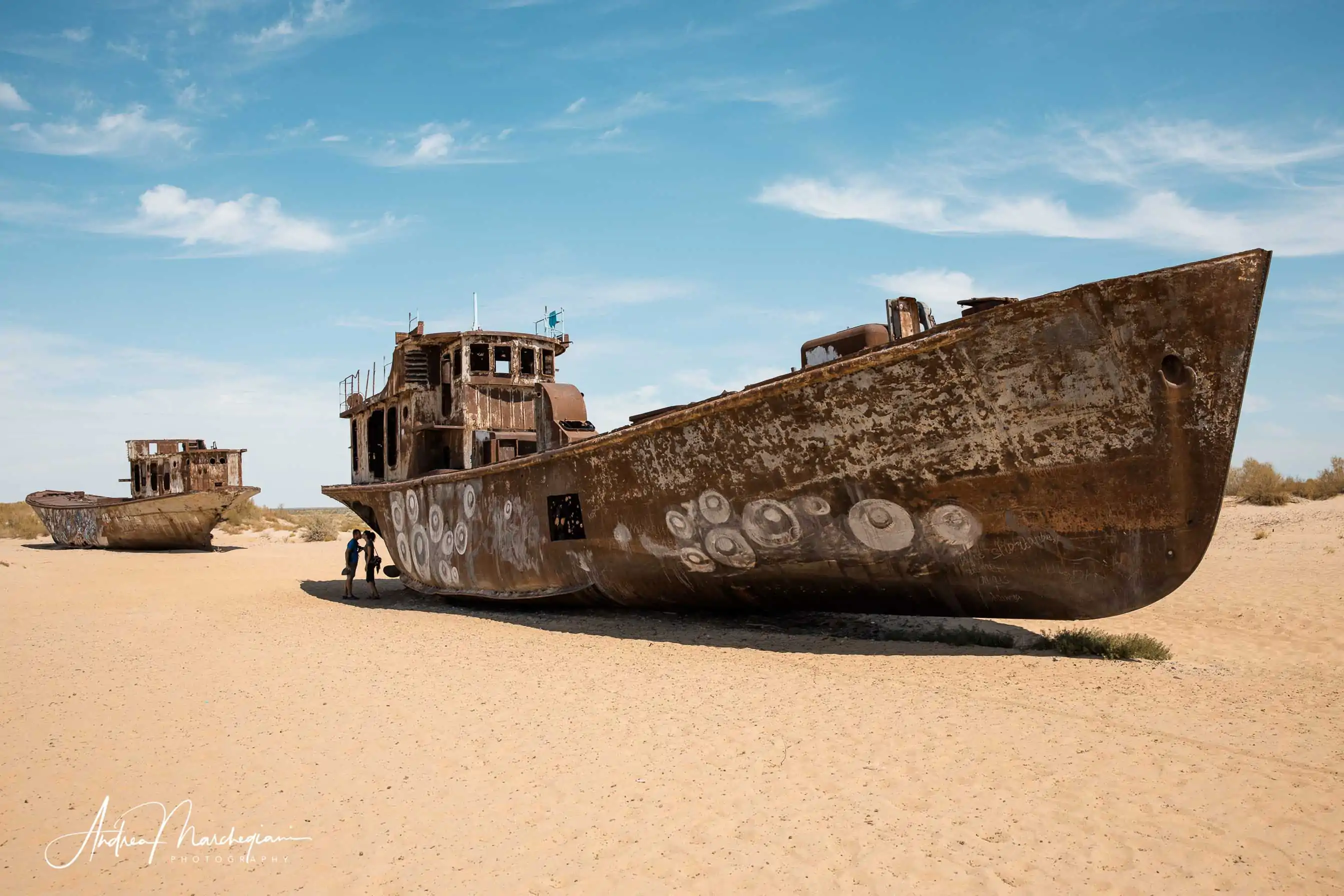
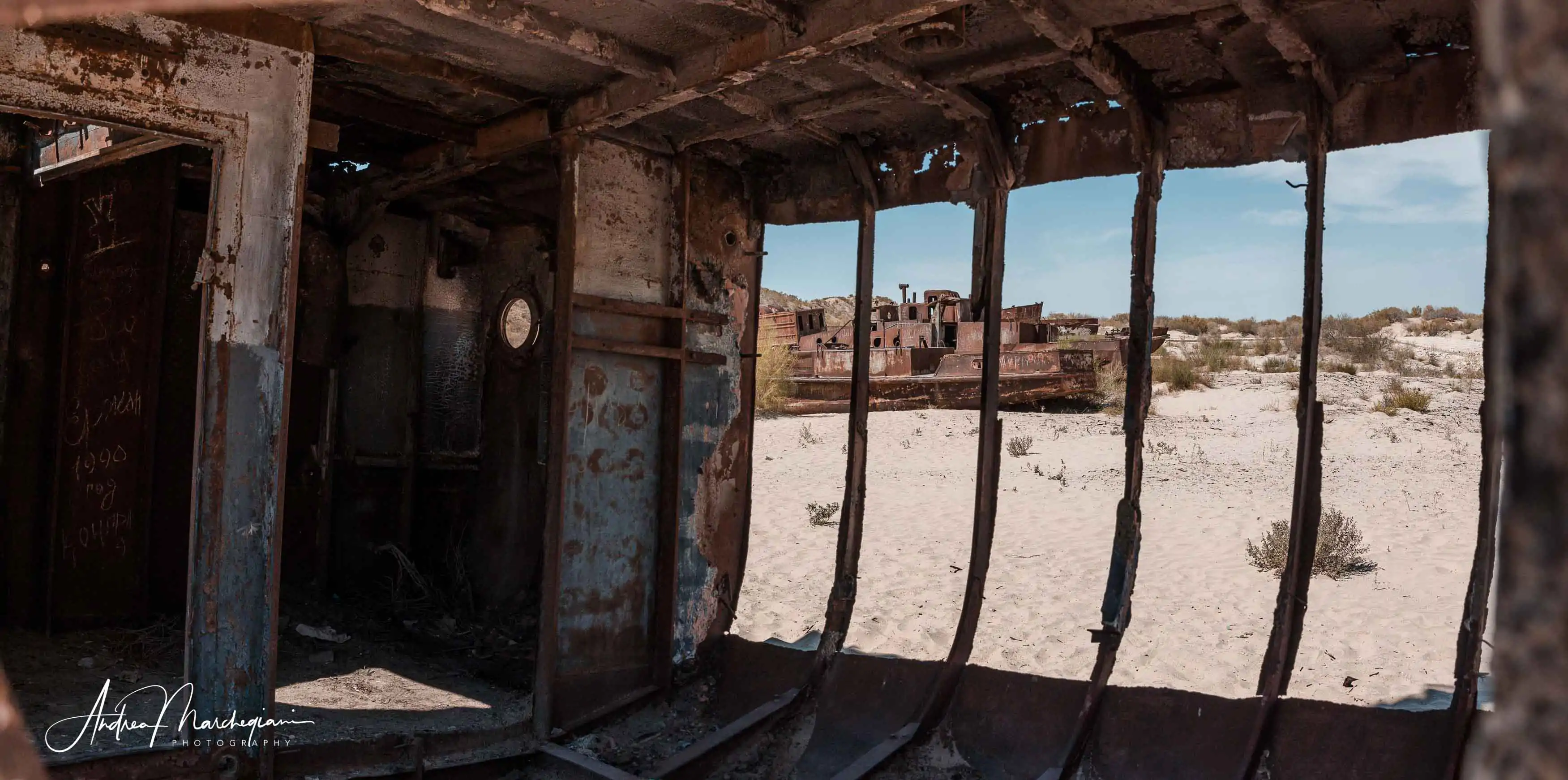
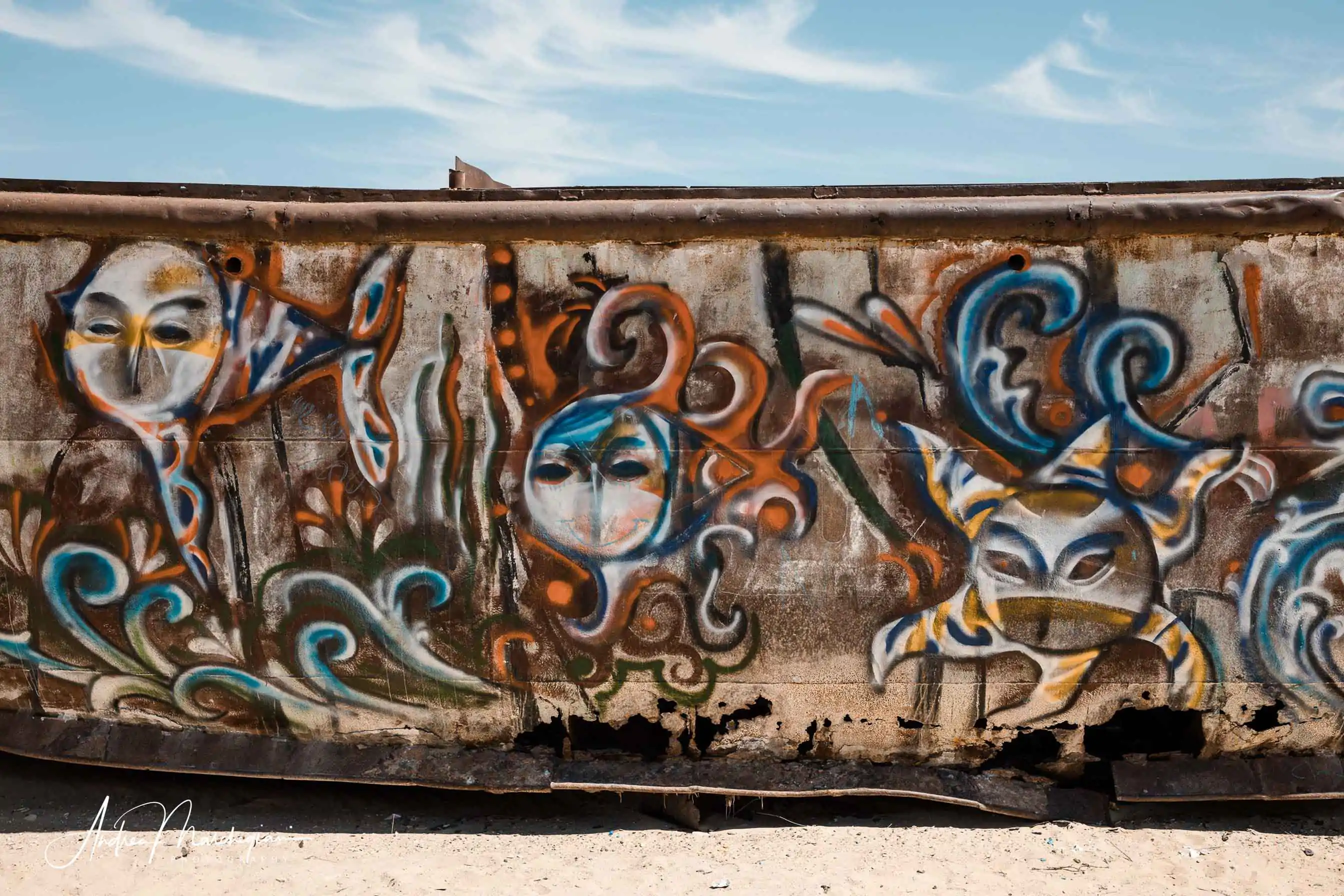
I wander into this graveyard of abandoned boats, I enter their stripped bellies. I imagine the local youth who come here at sunset to imprint their thoughts on the hulls with colored spray shots.
All around me, desolation.
I find no comfort in knowing that it is still more convenient today to divert elsewhere the rivers that once fed the salt lake rather than attempt a recovery of the original situation. Cotton farming employs five times as many workers as it used to be for fishing; natural gas deposits were discovered on the very soils that once formed the seabed.
The wind rises and fills my eyes with sand… who knows what poisons are entering my bloodstream. In any case, there is no need to be afraid: it is only the price of progress.

